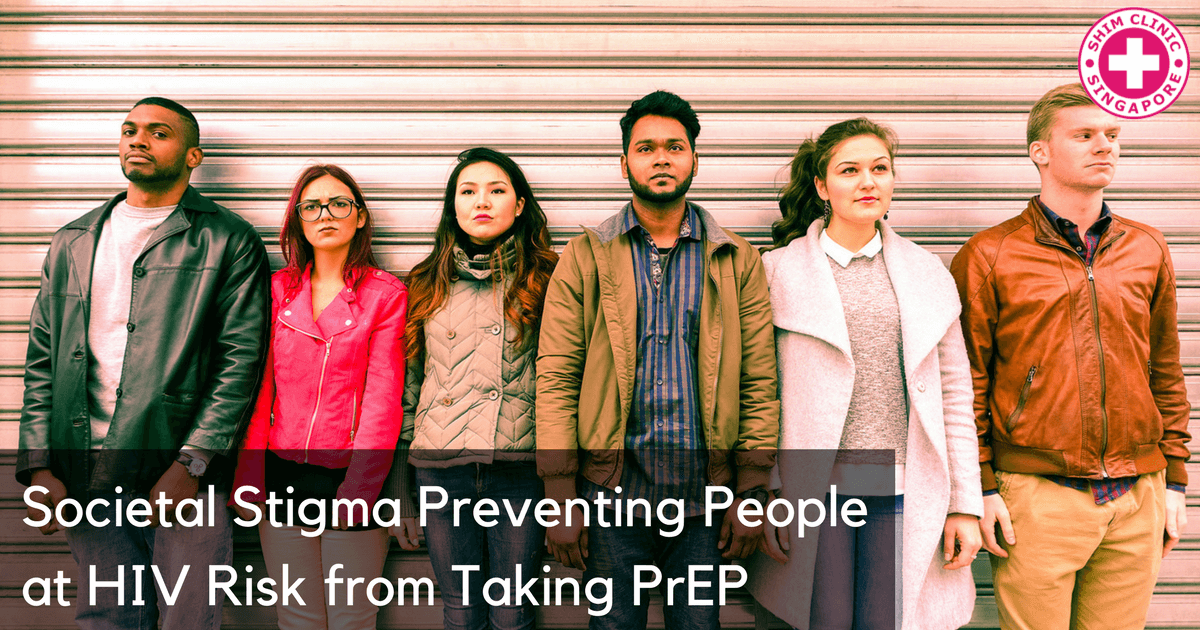HIV pre-exposure prophylaxis (PrEP) has become a huge asset in the prevention of HIV transmission all over the world. The drug has saved thousands of lives and research has shown to have an over 90% chance of preventing infection.
Unfortunately, despite the success of the drug, inaccessibility to PrEP has affected its potential to save more lives. A new challenge has also emerged inhibiting the success of PrEP, stigma. People are avoiding to take PrEP due to stigma.
HIV is still linked to many stigmas and these are now transferring to PrEP use. Due to prevailing stigma associated with HIV, people still think that taking PrEP is equivalent to admitting that you’re a homosexual, a sex worker, drug user, highly sexually active or simply saying that you’re HIV positive.
For this reason, many people are risk of getting HIV are shying away from taking PrEP that would potentially protect them from getting infected with the virus.
Studies Showcasing Effects of Stigma on PrEP Use
Several studies have been done investigating the effects stigma has on use of PrEP. One study done in the UK involving 20 men who have sex with men (MSM) found that most of them did not trust PrEP.
The study involved one hour interviews to find out how the participants felt about PrEP. Out of the 20 men, there were 10 white, four black, three Latin American, and three South Asian men. The men were aged 18 to 48 years. Nine of the participants were HIV positive.
The HIV men said that they did not trust PrEP to protect them from HIV and were therefore, unwilling to risk it. Others equated PrEP to antiretroviral therapy (ARVs) and worried that the PrEP has long-term side effects just as ARVs do.
PrEP Intended for “High Risk” People
A majority of the participants said that they did not want to take PrEP because it is meant for people at high risk of getting HIV and by taking the drug they would be admitting to their loved ones that they were engaging in high risk sexua behaviour.
The researchers concluded that with such stigma and the doubts regarding the efficiency of the drug were major factors affecting the adoption of the drug thus reducing the demand for PrEP.
Another research conducted to The second study AIDS and Behavior found that people associated the HIV prevention pill with promiscuity. This in turn affected the adoption of PrEP with many people not wanted to be labelled ‘promiscuous’.
People in Power Benefitting from PrEP
Sadly, the people shying away from taking PrEP are those at high risk of getting HIV due to high risk sexual behaviour. These include gays, sex workers and people who inject drugs.
Another surprising effect on the success of PrEP is the conspiracy theory that people in power are the ones benefitting from the use of PrEP. the study found that people were spreading theories of people in power manipulating the access of PrEP in order to benefit themselves.
All these stigmas and theories are greatly affecting a drug that has been hailed for its huge success in preventing HIV infection rates around the world. It’s important that stakeholders and persons of interest take note and address these issues before they get out of hand.


Pingback: HIV Infection Rates in Canada Reveals Stigma Still Rife